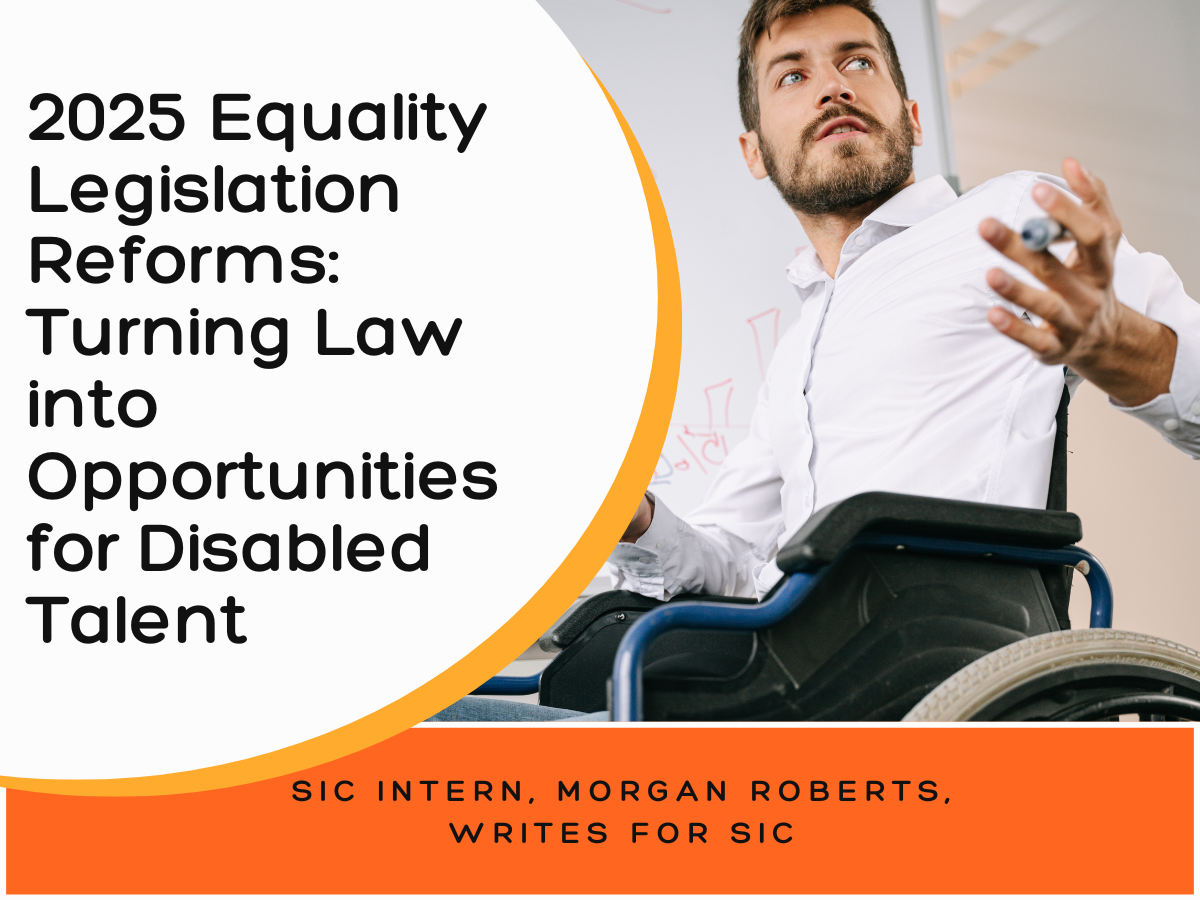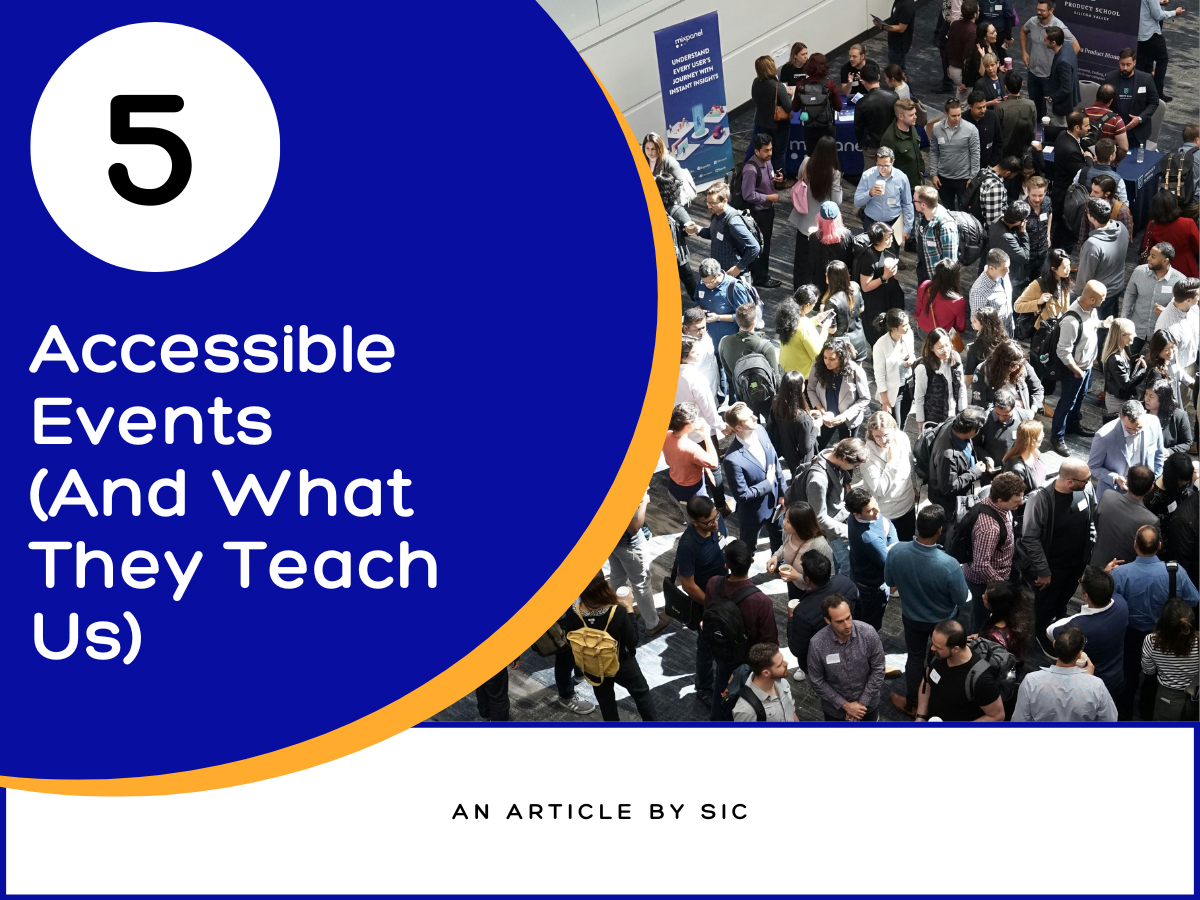Magazine
Want to become an accessibility business leader? Gain insights into disability, chronic illness, and neurodivergence from the experts. A magazine focused on employability and careers for business leaders including personal stories and personal development.
Understanding the Models of Disability
How we think about disability matters. How we relate to the concept affects the language we use to describe it, the issues surrounding it that we focus on, and the way disabled people exist in society. Because we have such different perspectives, they don't always agree.
Sociologists call these differing concepts ‘models’, and broadly, there are two of them: the medical model, which has a long, still visible history, and the social model, which arose in the 1970s and is now the framework preferred by the United Nations and the UK government.
When you’re not disabled yourself, thinking about disability as anything other than a medical phenomenon can take a bit of work. It doesn’t seem unreasonable to think that interventions like drugs and therapies are the optimal way of approaching disability, but it does run the risk of closing our minds to the alternatives, and that’s the key difference between the medical and the social model.
5 places to hire disabled people online
You’re nearly as likely to be unemployed as employed if you’re disabled. It’s a talent pool that has been left unexplored by employers thus far, and it’s unsurprising. A lot of current recruitment tools are inaccessible.
To help you start your journey, we’ve gathered together five key places you can find disabled talent.
5 ways to make your workplace more accessible for autistic people
Conservative estimates suggest that at least 1 in 100 people in the UK are autistic, but the true number is likely to be far higher given significant gender, age and ethnic disparities in diagnosis. Only around 22% of autistic people are in any kind of paid employment – the lowest employment rate of any disability type.
This represents a huge pool of untapped talent. Like anyone else, autistic people can bring a huge range of skills to any workplace.
6 things employers should know about OCD
As someone with OCD, there are many things I wish others knew. Here are a few things I think are particularly valuable for employers




















